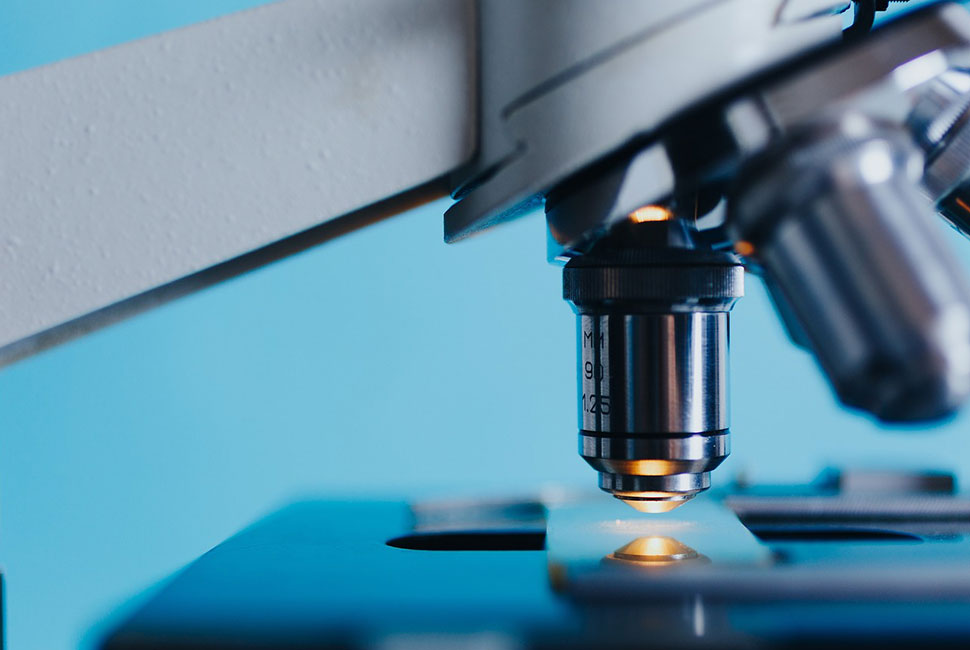
Tissue contamination distracts AI models from making accurate real-world diagnoses. Human pathologists are extensively trained to detect when tissue samples from one patient mistakenly end up on another patient’s microscope slides (a problem known as tissue contamination). But such contamination can easily confuse artificial intelligence (AI) models, which are often trained in pristine, simulated environments, reports a new Northwestern Medicine study.
“We train AIs to tell ‘A’ versus ‘B’ in a very clean, artificial environment, but, in real life, the AI will see a variety of materials that it hasn’t trained on...
Read More








Recent Comments